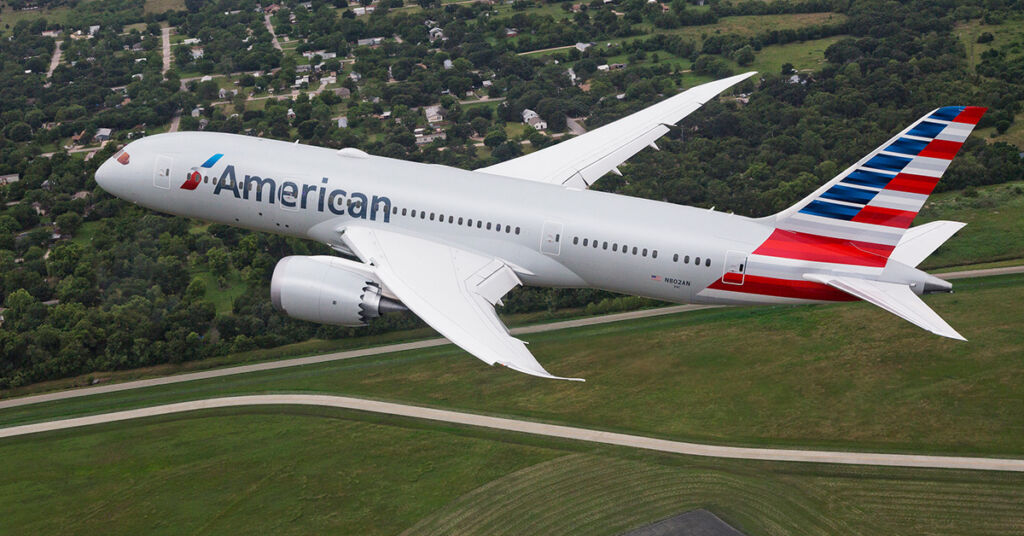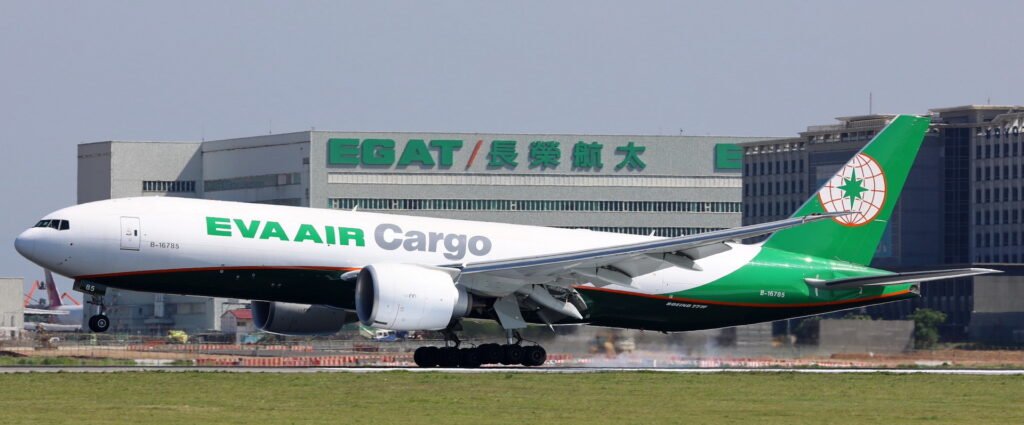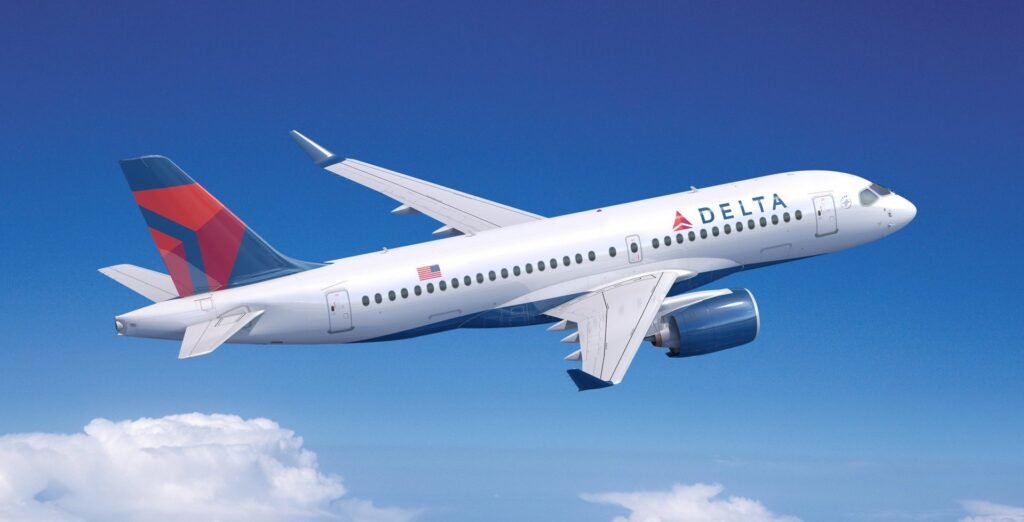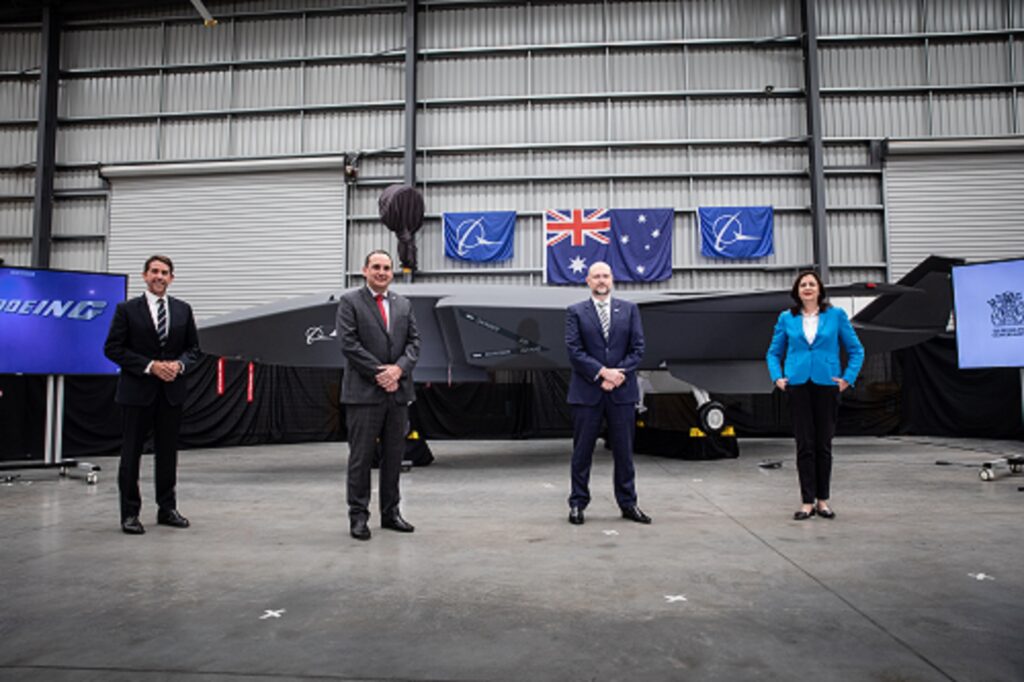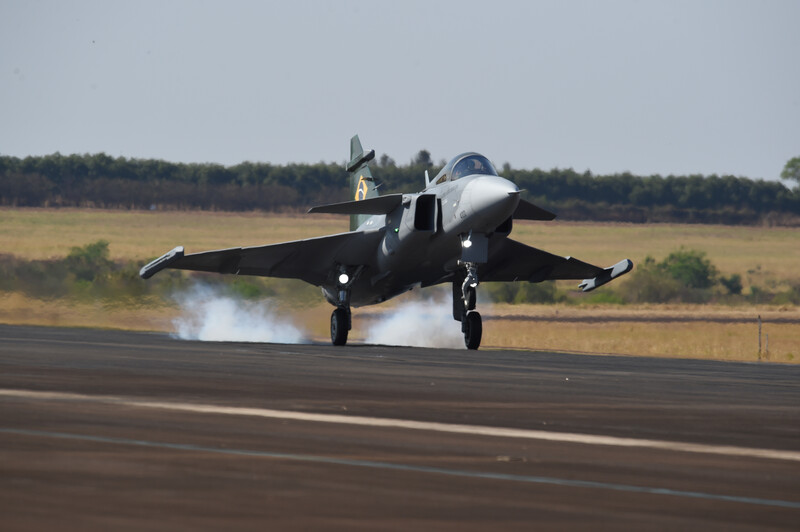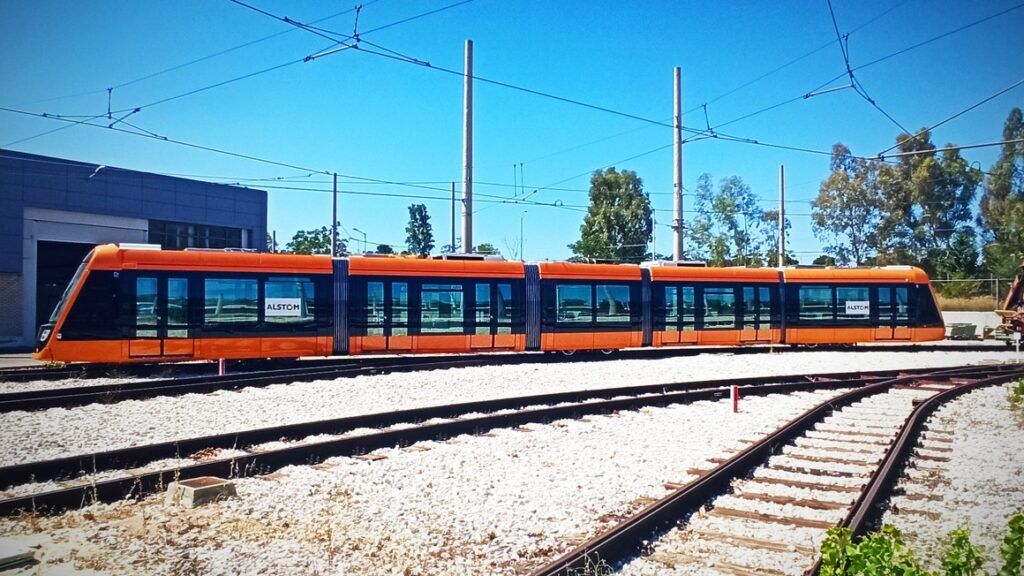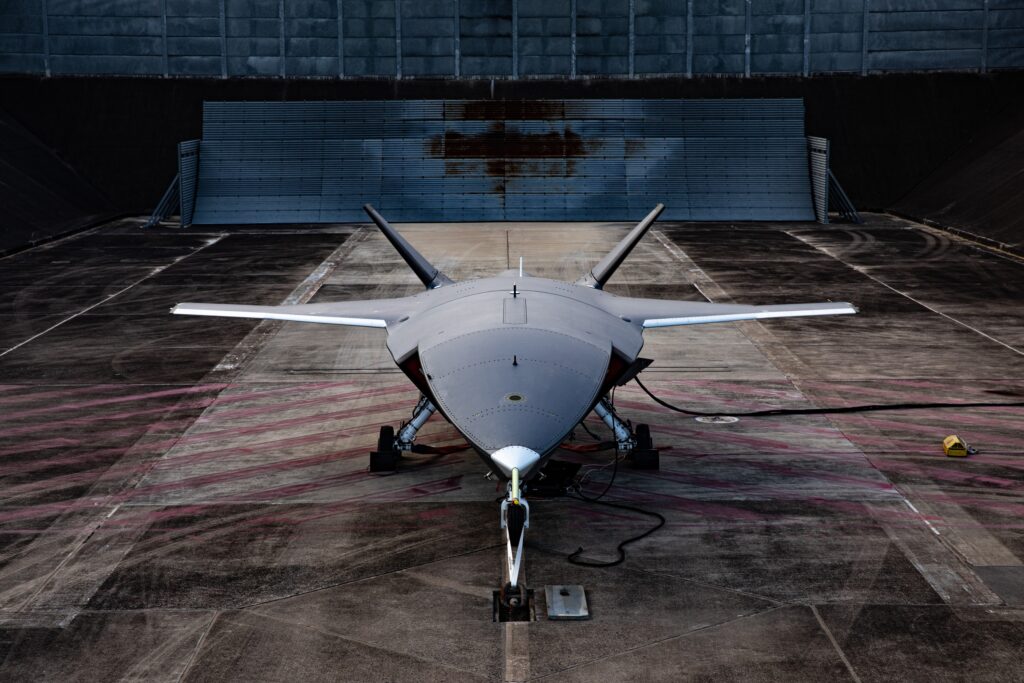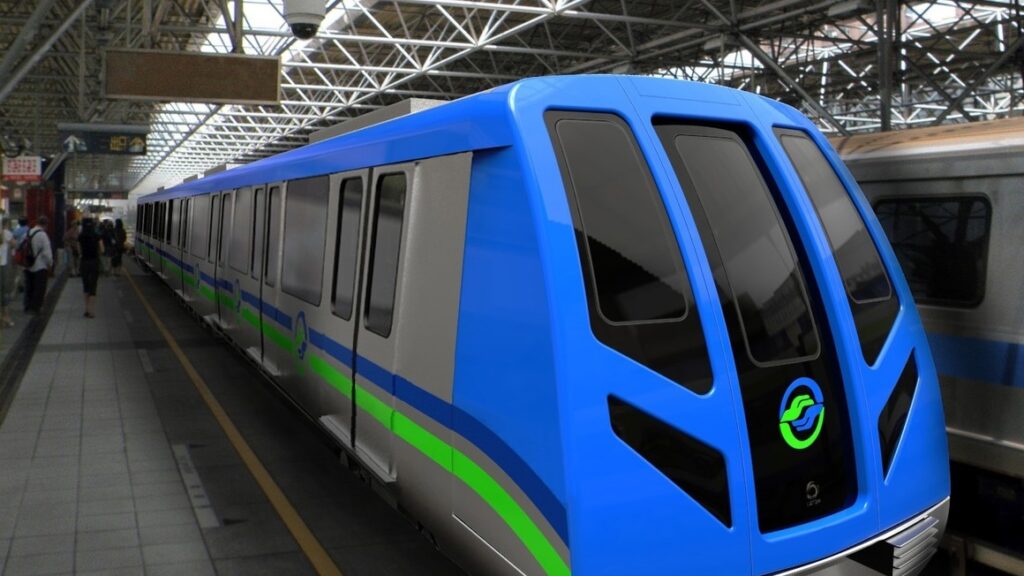American Airlines Introduces Health Passport for All International Travel to US
American is the first U.S. airline to introduce a health passport for inbound travel to the United States from all international destinations. Customers traveling to the United States can use the VeriFLY app to confirm testing…
